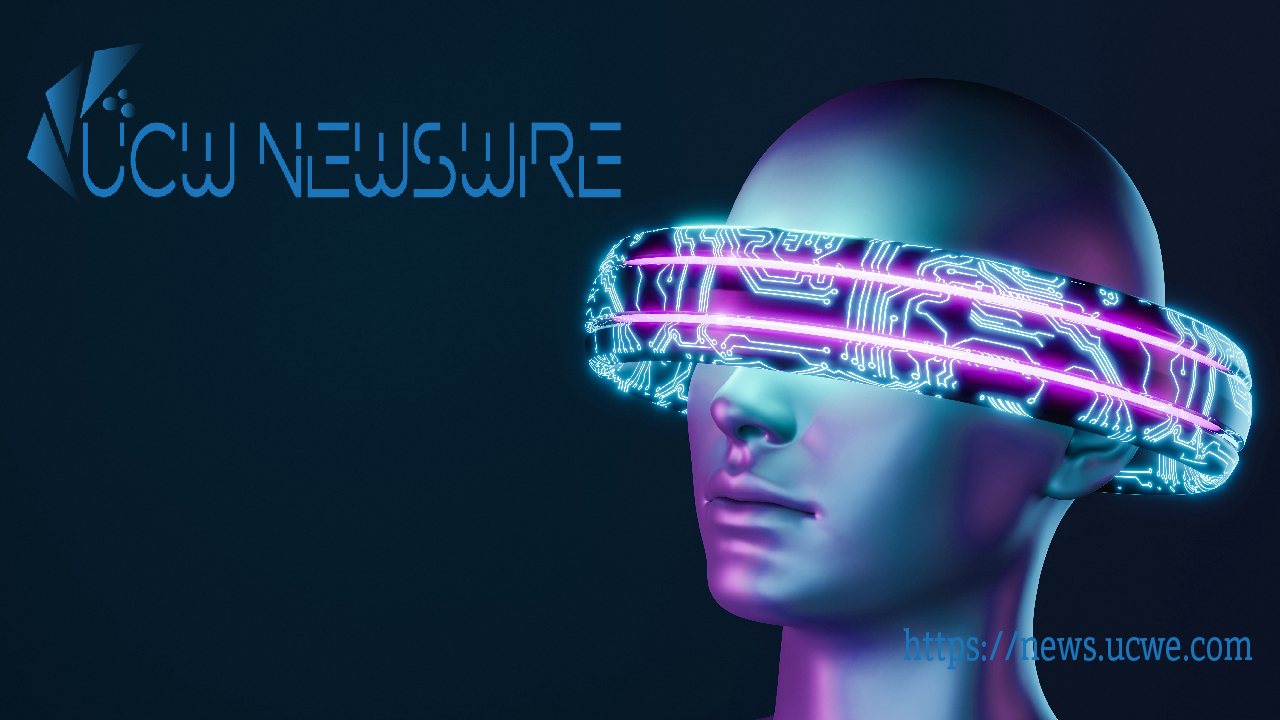Enjin-backed Efinity (EFI) approved by Japan regulator
The Efinity token (EFI) was approved by the Japan Virtual and Crypto-assets Exchange Association (JVCEA) last January 26, 2023, allowing Japanese crypto-asset providers to handle EFI. Only 65 tokens are

The Efinity token (EFI) was approved by the Japan Virtual and Crypto-assets Exchange Association (JVCEA) last January 26, 2023, allowing Japanese crypto-asset providers to handle EFI.
Only 65 tokens are JVCEA-approved as of February 1, including Bitcoin (BTC) and Ether (ETH). EFI joins the handful of approved metaverse/gaming tokens, with Enjin Coin (ENJ), The Sandbox (SAND), Axie Infinity (AXS), Chiliz (CHZ), and Klaytn (KLAY).
ENJ became the first approved metaverse/gaming token in 2021. ENJ and SAND are the only metaverse/gaming tokens among the 22 JVCEA “Green List” tokens. The Enjin team is a core contributor to Efinity.
Strict Japanese regulations
The JVCEA regulates crypto-asset providers under Japan’s Payment Services Act. It requires a lengthy pre-screening for new tokens. This is part of the established and strict Japanese regulatory framework for tokens. Japan was described as “well developed” and an “early mover” in crypto regulation in a January 2023 Japan Times article.
Leading Japanese law firm Anderson Mori wrote that “a member is effectively required to obtain the JVCEA’s approval before it can begin to handle a new Crypto-Asset,” and that a JVCEA member must submit an assessment report of that Crypto-Asset to the JVCEA prior to approval.
“[T]here has been a movement among some ruling Liberal Democratic Party lawmakers to make Web3 a pillar of Japan’s economic policy,” stated a January 2023 Japan Times article. “One of the major objectives of the LDP project team is to create a business environment friendly for Web3 and crypto firms.”
“We are heartened to see EFI pass the stringent Japanese screening process, facilitating building on Efinity by Japanese developers and users,” stated Oscar Franklin Tan, CFA, Chief Financial Officer and Chief Legal Officer of Enjin. “We eagerly follow Japan’s Web3 push and regulatory reforms. We hope other governments make similar pushes to help build the metaverse.”
Efinity Background
Efinity is a blockchain custom built for non-fungible token (NFT) transfers, and makes NFT transfers cheaper, more efficient, and more scalable with protocol-level NFT-specific features. Efinity is used by major game developers.
Efinity’s features include fuel tanks, which allow developers to subsidize the gas fees of users and make these invisible to them, facilitating mainstream adoption. These also include discrete accounts, which allow developers to place NFTs in wallet addresses before a user creates a blockchain wallet to claim the items in that address, incentivizing new users to create wallets to try NFT platforms.
The existing Enjin tech stack is envisioned to function seamlessly with Efinity, including the Enjin mobile wallet, upcoming marketplace NFT.io, and Enjin APIs for NFT integration. Since 2018, the Enjin tech stack has been the backbone of the world’s first NFT gaming ecosystem and has allowed even indie game developers to integrate NFT functionality without blockchain coding knowledge. Enjin Chief Technology Officer and co-founder Witek Radomski authored the ERC-1155 standard for NFTs.
Efinity is the sixth parachain and the first NFT parachain of Polkadot. Among Polkadot ecosystem tokens, only EFI and Japanese-founded Astar (ASTR) are JVCEA-approved, aside from Polkadot (DOT).
About Enjin
Enjin is the leading ecosystem for non-fungible tokens (NFTs), offering a comprehensive suite of products for creating, trading, distributing, and integrating NFTs into virtual worlds. As a scalable, accessible platform, Enjin’s technology has seen wide application in blockchain games, apps, enterprise programs, and innovative marketing campaigns. The Enjin ecosystem is fueled by Enjin Coin (ENJ), a utility token used to back the value of blockchain assets. To date, over one billion Enjin-powered assets have been created. For more information, visit enjin.io.
For Media Inquiries
Enjin
Oscar Franklin Tan, Chief Financial Officer and Chief Legal Officer
Marian Vanslembrouck, Head of IP and Content
[email protected]

